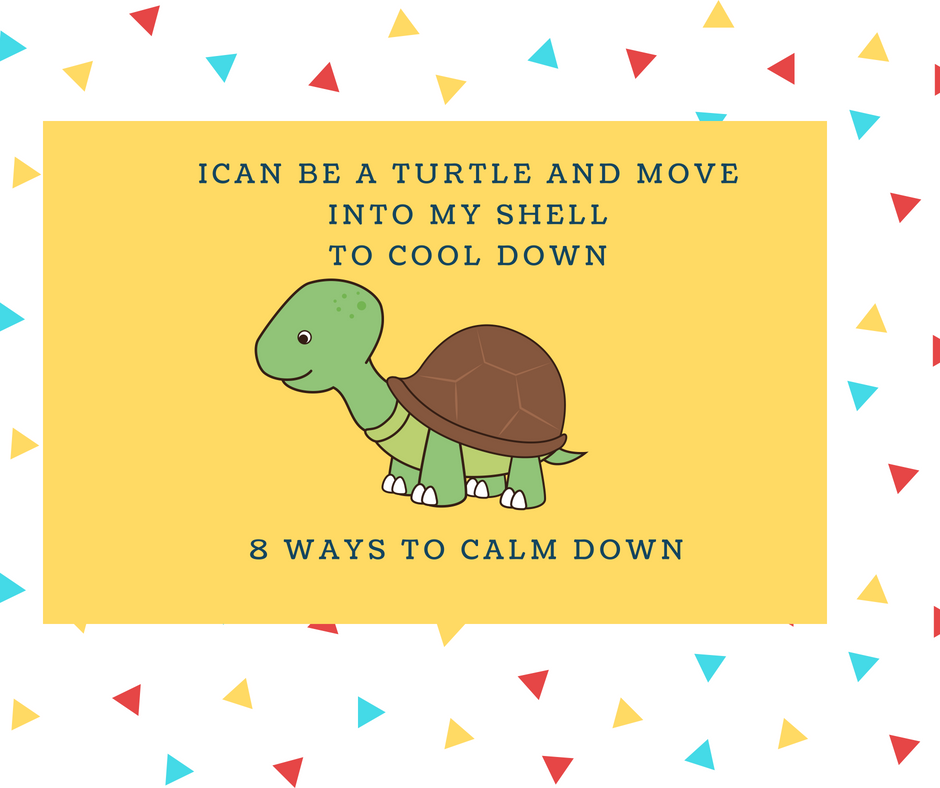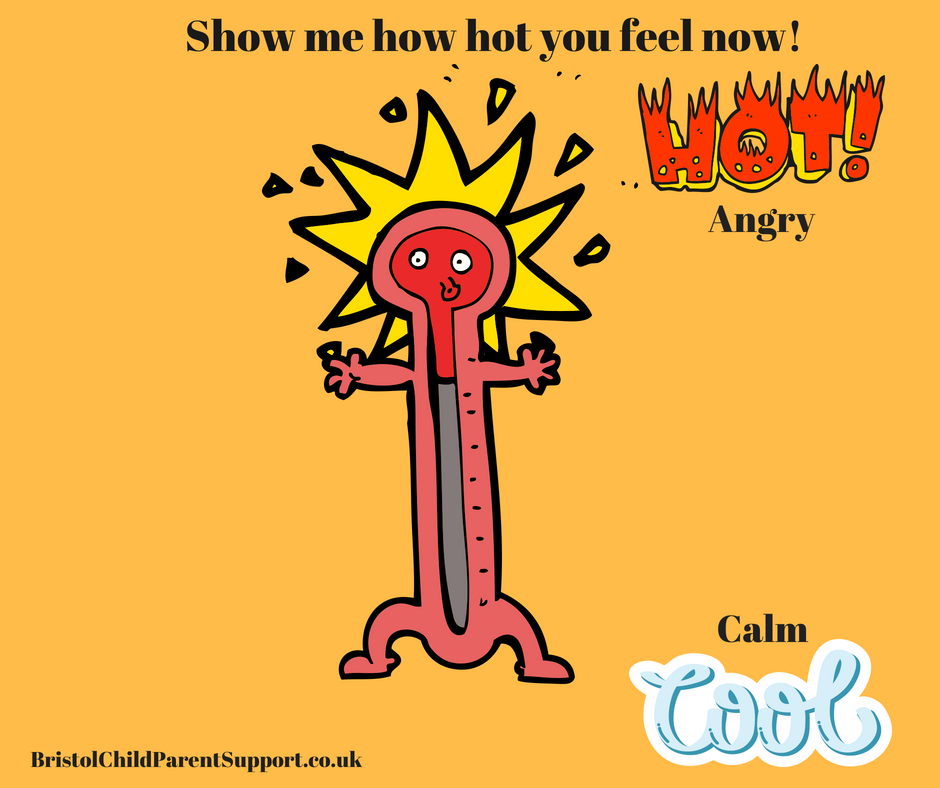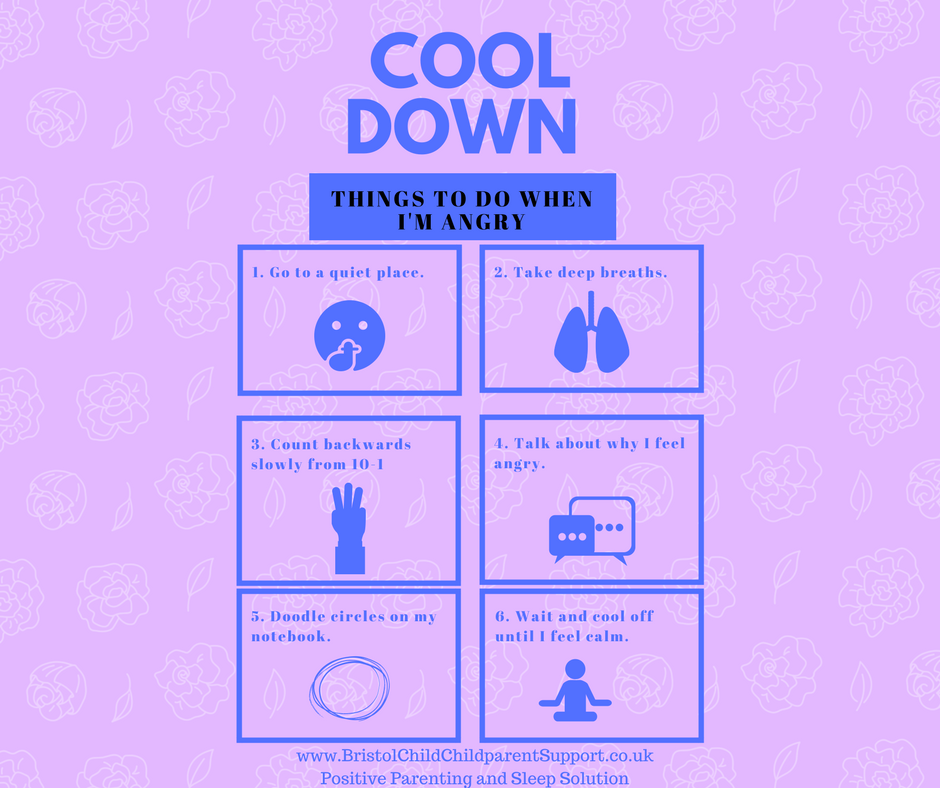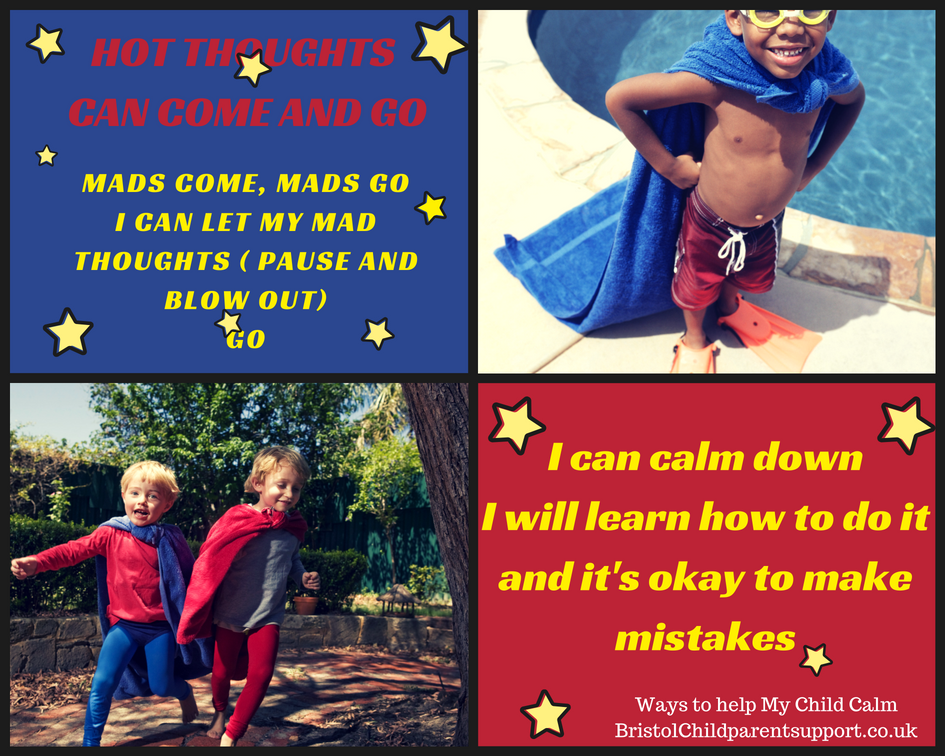Life has ups, downs, and potential external and internal conflicts. Many parents want to help their children with their emotions. Educating children about feelings, thoughts, and their effects can help them make good choices.
When I was growing up, my parents rarely discussed feelings, negative thoughts, or anxiety. Becoming a therapist was an excellent way for me to learn about these topics. We know much more about emotions and mental health today than we did then.
Children can develop excellent skills and qualities by learning about their emotions. They can also become better at the things they want to be good at. Why wait? Empower them now!
Here are my top 8 ideas to help your child calm down with a free download for your child.
1. Model Problem-Solving Behaviour
We have all been there; I’ve shouted at my children, and sarcasm was my favourite. I know it’s been ineffective in managing the situation. Be ready to apologise and try to take yourself out of the case if you feel you are getting “hotter” Model taking five minutes “cool down break”, but it is always necessary to inform them you will return and make sure you connect again before you say anything.
2. Educate your child.
I am a great believer in sharing knowledge with parents and children. Educate them about their developing brain, the Amygdala. The tiny but compelling part of your brain that is there to warn us of danger and prepare us to respond in Caveman times) Teach them about the “Flight” and “Fight” responses, thoughts, and feelings. (I incorporate this in all my workshops if this is something you need to read up a bit, as well as emotion coaching)
3. Use language like hot (for anger) and cold for calm.
Draw a thermometer, so they can point and show you how they feel. When you are in a hot state, you often can’t talk or think, so pointing can be a good idea!
4. Make a list of what helps everyone calm down.
Arrange a family meeting and:
- Please list what helps each person feel peaceful, so they have something to refer to when angry or out of sorts. (Draw pictures for younger kids.) What does it mean to feel calm, and how does it feel?
- Hang the list somewhere. They can easily see it.
5. Create a social story.
I am a fan of social stories; they are often used with children with ASD. They are a simple way to show alternative behaviours visually. They are more likely to process information and instructions in comic strip form. Seeing and talking through something will help them connect to it. This is one I created for “how to cool down”. I have used symbols, but photographs would be just as compelling.
6. Create a self Soothe/comfort box.
This is one of my favourite ideas. You can learn more at my blog here.
7. Let them find the superhero within themselves.
Children love superheroes; let them be their superheroes, and talk to them about what superheroes do. Do they save and care for others? Yes, your child will say. Superheroes are good at working out feelings; they must stop and work them out fast. Could you do it, too? and then teach them to use self-talk (affirming statements to manage big feelings)
Research has shown that children’s thoughts and “self-statements” can affect their physical anxiety or anger. When children say positive, affirming statements to themselves, they often report feeling less “Big Feelings” and more capable of handling stressful moments. For example, a child who can say words such as, “I am brave and smart and can take good care of me”, can typically cope better. Here are some examples of mad and hot feelings.
8. Help them move it out
Young children and children who may struggle to talk may be more likely to move the immense feeling out—being a tiger and roaring it out, or being a turtle and going into your shell to calm down. Practise together and have some fun with it. I’ve created a simple download to put up on the wall, as I am a big fan of the visual cues below…
Free Download A Poster to Help your Child Calm Down
Thank you for taking the time to read this, your commitment to your child’s and family’s well-being, and your willingness to continue learning and growing. Remember: parenting is hard work, and you deserve support. Please share your gratitude and love by sharing and liking my Facebook Page, and contact me to hear about my workshops and consultations. With Love Catherine






